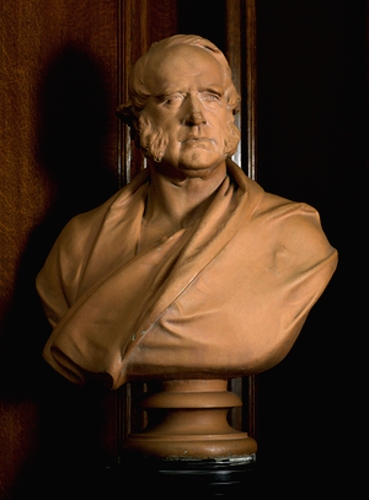Henry Hodge was born at Kilnsea, East Yorkshire in 1812. He was the son of a small farmer and one of 12 children. Henry Hodge can truly be described as a self-made man.
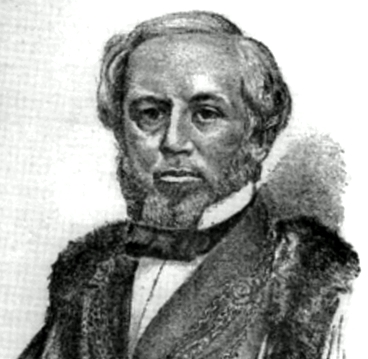
In 1826 the Hodge family moved to Hull and took on a dairy farm at Newland Tofts. As a young man Henry worked at Bell’s flour Mill on Holderness Rd. This was situated near what is now Morrill Street. The access to the mill was along a track which eventually became the entrance to the Morrill Street clinic.
Seed crushing industry
At this time seed crushing was becoming an important industry in Hull. As a result, the mill changed from a flour mill to a seed crushing mill. Around 1831 the hydraulic press was invented for crushing seed. This soon replaced the old stamper mill. The firm of Rose, Down & Thompson were one of the early fore-runners in this development.
Henry accumulated a little capital whilst working at a mill in Louth. Along with his brother, William who was now a foreman at Bell’s Mill, they purchased a former mustard and flour mill. This stood on what was then William St in Drypool. It later was renamed Hodge Street. They then installed 2 hydraulic presses to crush seed.
In 1852 the nearby Tower Mill at the junction of Holderness Rd and Clarence St was purchased. However, although the business was successful, the two brothers dissolved the partnership. William took the Tower Mill whilst Henry kept the mill in William St.
Family life
He married Jane Simpson in 1842 and they had 6 children. One of them was Emma Hodge, who married Joseph Robson. Emma became a very active member of the Primitive Methodist church. Henry’s family originally lived in East Parade on Holderness Rd between Williamson St and Field St. They also lived and worked at Blaydes House at 6 High St for a time.
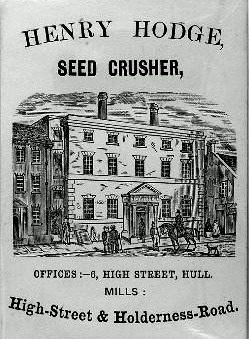
In 1869 his daughter Emma died at the young age of 32. This devastated Henry. His wife, Jane had already died in 1867 aged 54 years. In 1871 Henry married his housekeeper, Emma Graves.
Henry’s business continued to expand. He erected the huge Alexandria Mill in High St, in 1884. He also purchased the adjoining Phoenix Mill. This was followed three years later by the Globe Mill on Church St, which was part of what is now Wincolmlee.
Pioneer
Henry was a pioneer in the seed crushing industry. Prior to 1861, the only seeds imported into Hull for oil and cake were linseed, rapeseed and nigerseed. Henry began to experiment with Egyptian cottonseed. He found that it made an ideal oil for use in the manufacture of soap, paint, culinary purposes and also for cattle feed. It soon became one of the major seed imports into the city.
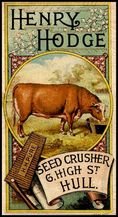
He subsequently purchased Bell’s Mill near Morrill St, where he had previously worked.
The family lived at Ivy House adjacent to the mill until his death in 1889.
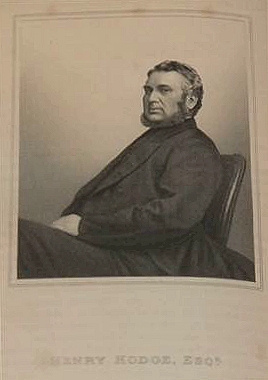
In addition to being a mill owner he was also a very active member of the Primitive Methodist Church in Hull. He was also a benefactor of many good causes, and subscribed to the erection of several churches. This included the Holderness Rd chapel near Bright Street, and the Henry Hodge Memorial Chapel in Williamson Street.
He was also a member of the East Hull Conservative Club and an alderman. His brother William was twice mayor of Hull.
Henry, his wives Jane & Emma, daughter Emma, son Edwin and son in law Joseph Robson are all buried in the ‘Prim Corner’ of The Hull General Cemetery. His brother William Hodge, and his family, also have a large monument in the cemetery.
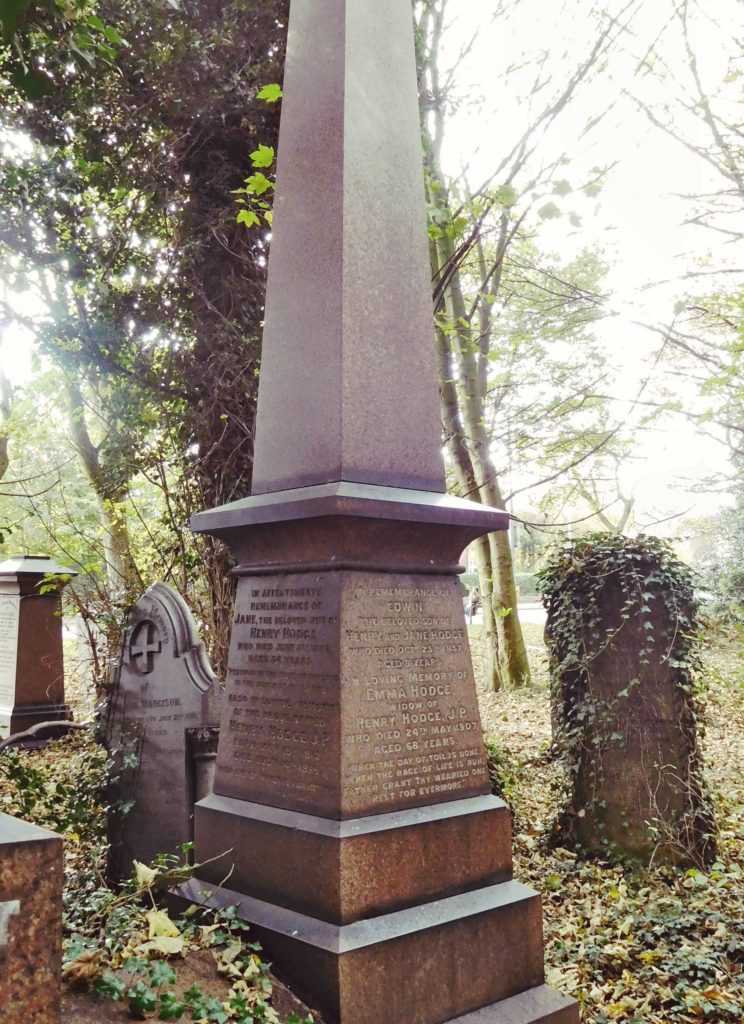

Bill Longbone has had a long relationship with the Hull General Cemetery. He is an active member of the FOHGC and manages the work of the volunteers on the site. His biographical sketches of some of the people buried in the cemetery are one of the highpoints of the success of the Facebook site.

